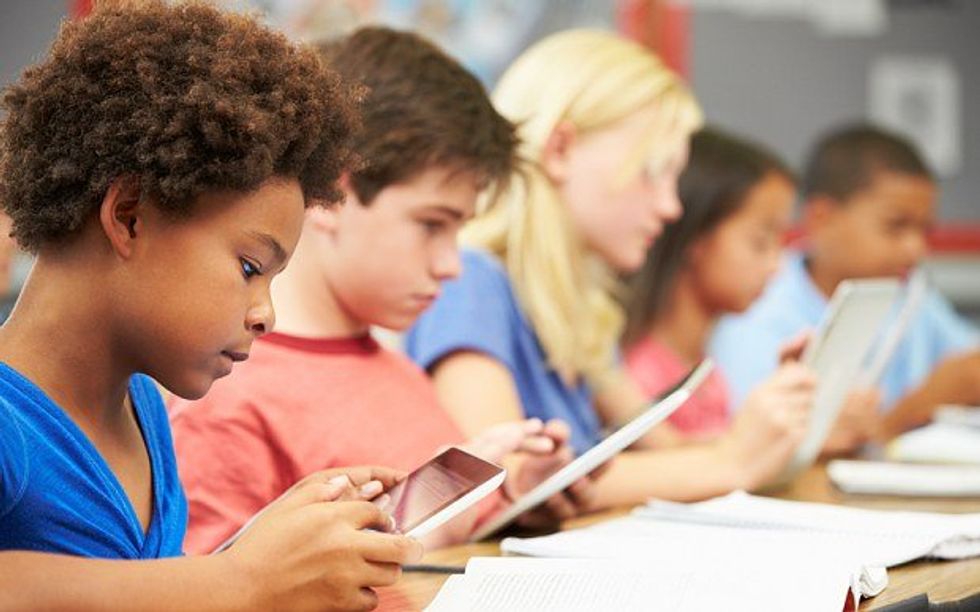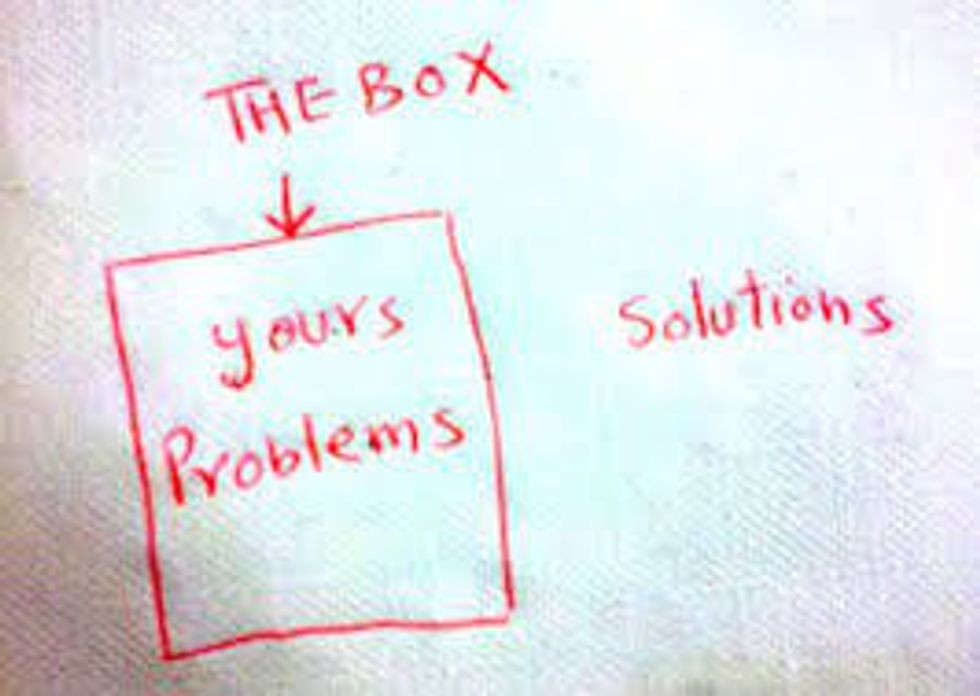As digital technology is starting to have a massive impact on society, there is no doubt that many lives may change to fit the mold of social media. Perhaps, with the advancement in technology, it may be easier to share information or to connect with people across the world. Recently, the increase of student-teacher interaction with digital technology in the classroom has been recognized.
Every day new technological advances are made that make it plausible for more technology to be introduced to the classroom. As a result, I believe that education needs to change to account for the ways in which social media and technology affect young people. In states, school districts and schools across the country, there is substantial evidence that technology has become a vital component for the success of students.
Education should change, because it will encourage students to think-out-side of the box, and create more imaginative students who will be able to “use technologies to multitask as well as to dive deep into materials, weaving contexts of meaning that we haven’t seen before” (Jerry Michalski).
Digital technology will help make students more self-sufficient. With computer administered programs incorporated into education, such as quizzes or even class discussions, students will become quicker, tangential searchers on information they may not understand as well as for information on class assignment.
Although cheating and corruption is rampant, I believe that those who figure out how to bring new creations out of internet chaos will surely lead the rest in new and good directions. Changing education to account for the ways social media and technology affect young people will allow teachers to be equipped with the tools necessary to integrate new approaches successfully into their teaching.
I suggest providing students with additional online courses which will allow students who are unable to attend school physically, for whatever reason, to be taught over the Internet. I recommend synchronous instruction which consists of online teaching and learning that happens in real time via the Internet. I believe it would give teachers a better way to communicate to students specifically to deliver a lecture or facilitate a class discussion, or share online media or data.
I recommend online tutors to work with students one-on-one via audio chat and a shared computer screen. Thus, students can interject questions to request clarification, or ask for more in-depth coverage of relevant topics.
To prepare students for a future in which technology is a major part of their lives, I recommend providing multiple means of engagement to tap into their interests, offer appropriate challenges, and increase motivation.
I would encourage students to go out and interview, capture images and ideas, and communicate with others from social media to teach them how to use various media outlets, and how to display their work to a global audience.
I believe that students' indulgence in digital technology in their education will have a profound impact on their learning outcomes, the decisions they make, and the way they live.
























